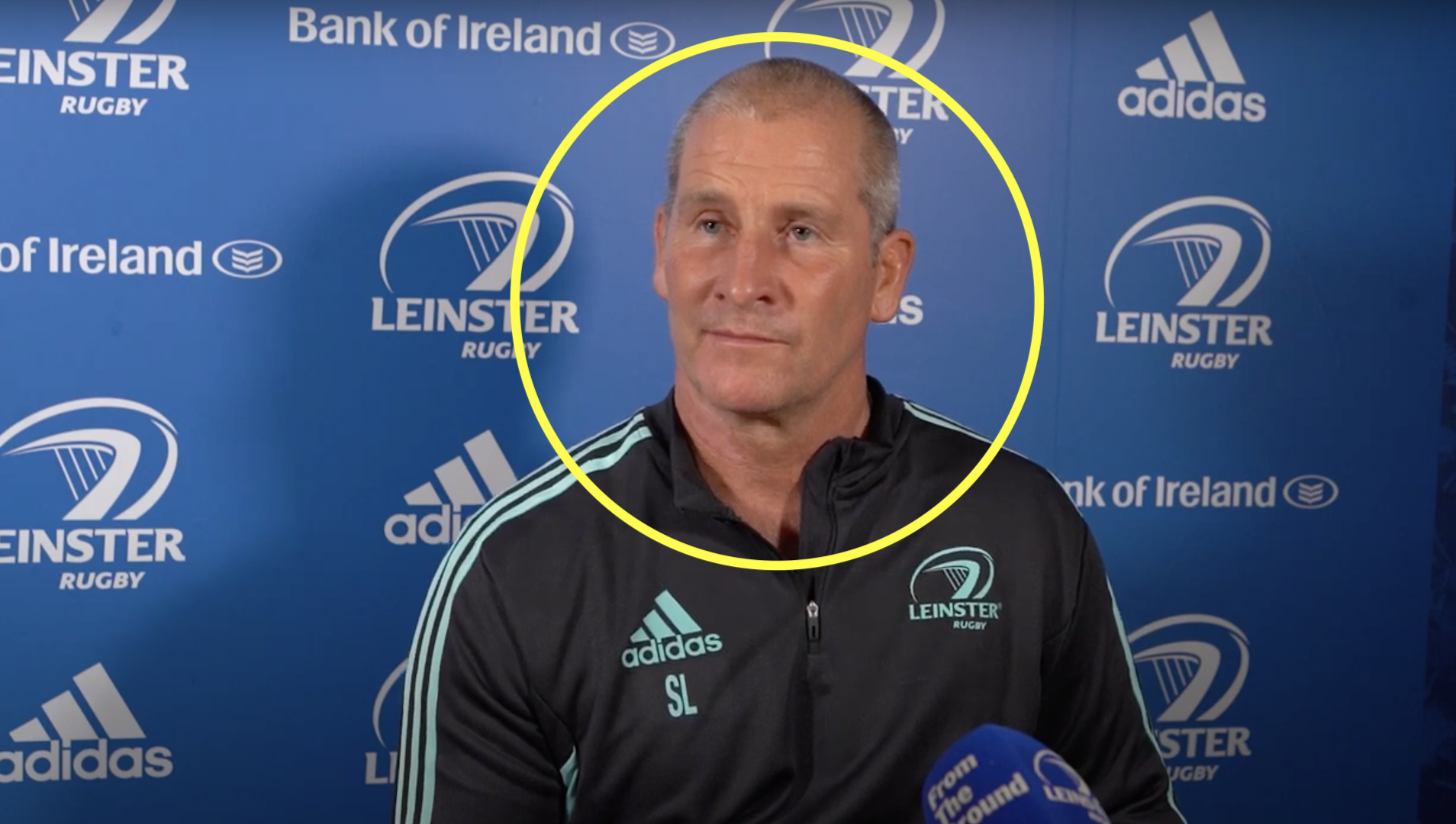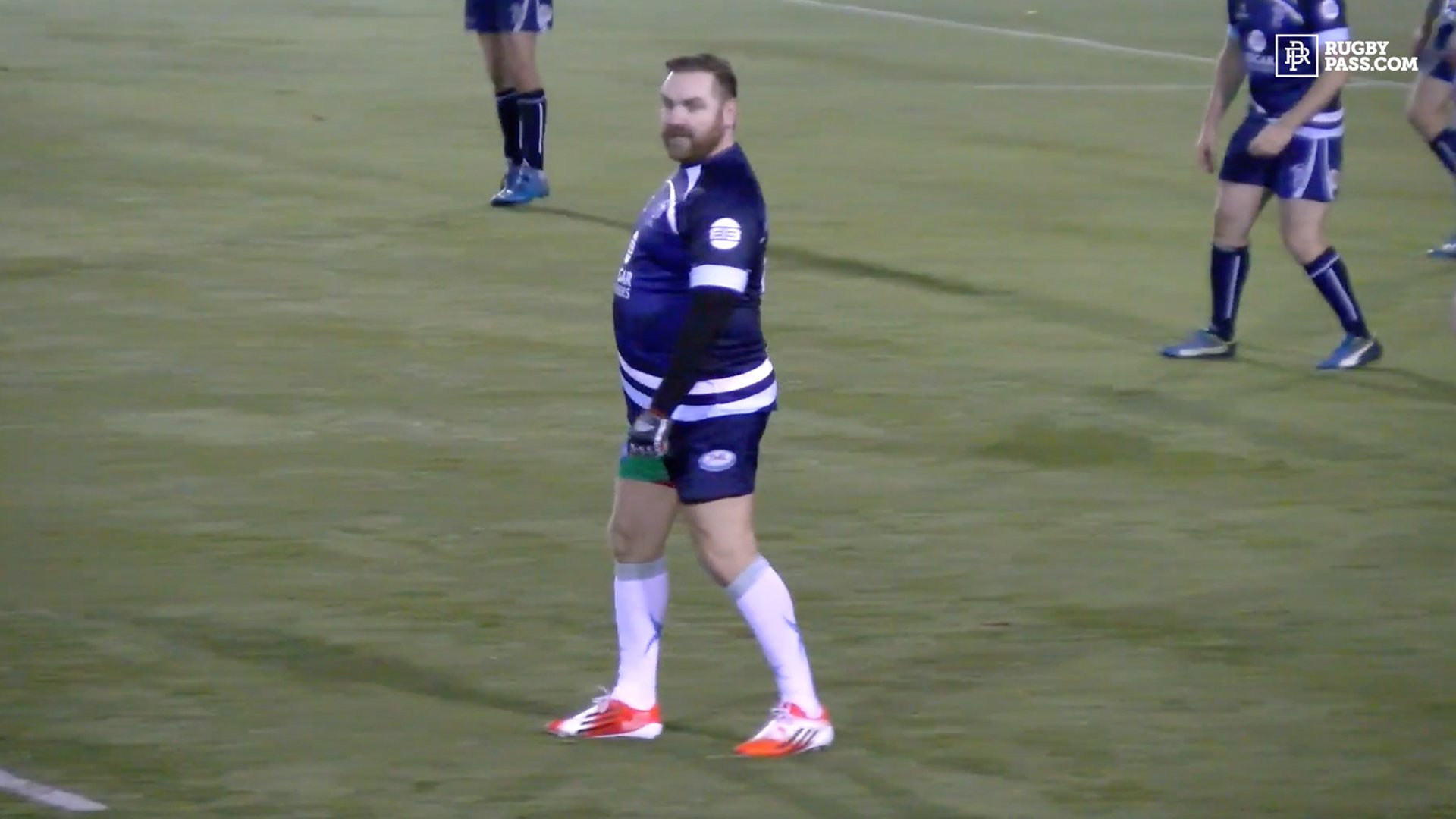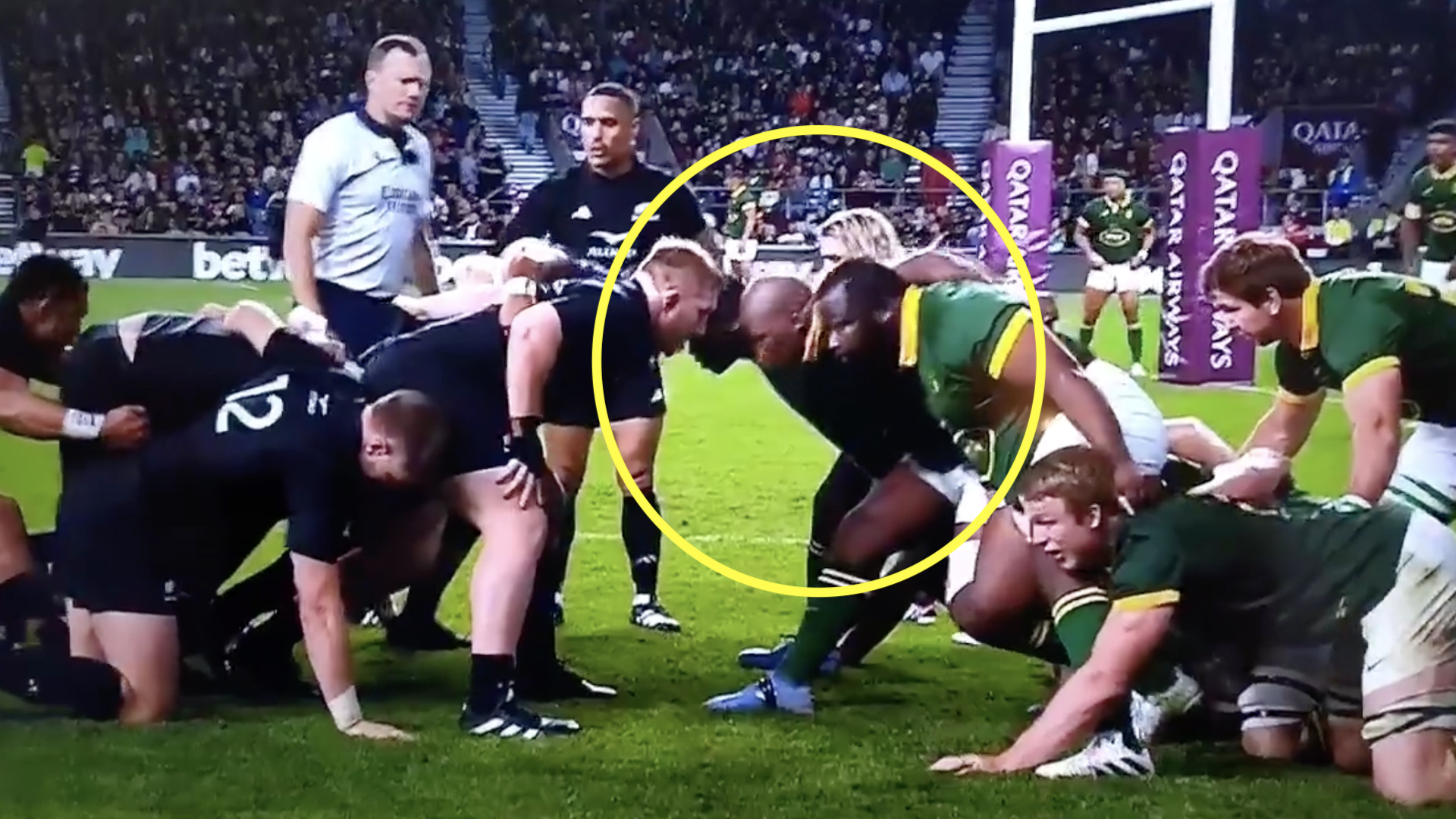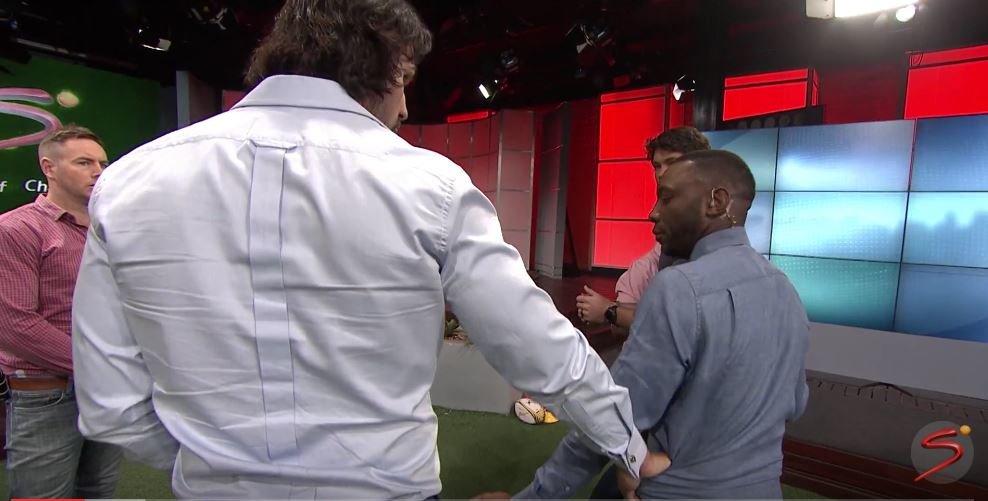
Ex England boss lists three things RFU must do to catch up with Ireland
England rugby have hit quite a depression at the moment, struggling in the Six Nations over the past few seasons while watching a raft of talented players emerge in France and Ireland to dominate the competition.
The future does not look much brighter than the present currently for England though, so former England head coach Stuart Lancaster has outline what the RFU must do in order to turn England’s fortunes around.
Lancaster was England’s head coach between 2011 and 2015, but worked extensively with England’s age grade set up prior to that. Since moving on from his England post, he has helped Leinster become arguably the most dominant force in European rugby, which has in turn benefitted Ireland as well.
Speaking to Will Greenwood recently, Lancaster highlighted what must be done in the future to arrest the slump in England.
“The big strategic decision is the new heads of agreement between the club and the country,” he said. “So that finishes in a year’s time and they have to get that right. You know, I worked hard in 2012 to 2015 to work on the club-country relationship, to make sure that we were aligned. I’d come through the club system, I had worked with the academies, and I felt the only way England could be successful -irrespective of the player numbers and resources they have- is to have a better system, a joined up system. And they’ve got opportunity now in the next twelve months, the PRL and the RFU, to create something that will be sustainably good for club and country, and we need to park the ‘What’s in it for us and what’s in it for them?’ and that mistrust that I think has existed. So that’s a big thing I would to get right.
“Have a player development system that means that players between the ages of 18 and 23 get consistently good coaching and consistently good game time because that’s what happens in Ireland. So it’s a later development programme in Ireland. So we identify the players later, we keep a broader base for longer and it extends right the way through post 20s. So Ireland 20s are playing against England in the Grand Slam decider, and Ireland 20s players wouldn’t even be first year academy players yet in Ireland. So they become first year academy, second year academy at 21, third year academy at 22. They’re doing their degrees, they’re playing club rugby in the AIL competition, they’re getting great coaching at Leinster, Munster, Connacht, wherever else, and that’s a massive, massive advantage. And the quality of coaching is excellent- the diversity and the trickle-down effect from what Joe [Schmidt] brought and Michael Cheika and the great coaches that have been in Ireland.
“So I think the quality of coaching. So in England for me, what happens between 18 and 23, the player development programme, the playing time for those young players, the quality of coaching they receive and overall for me, not replacing Kevin Bowring for two or three years as head of coach development. You know, I go back to my career, what helped me the most? It was him, it was Brian Ashton, it was Bill Beswick, it was being mentored by brilliant coach developers and I think that’s where England need to improve. The quality of support they give to coaches to make the coaching better.”
View this post on Instagram


